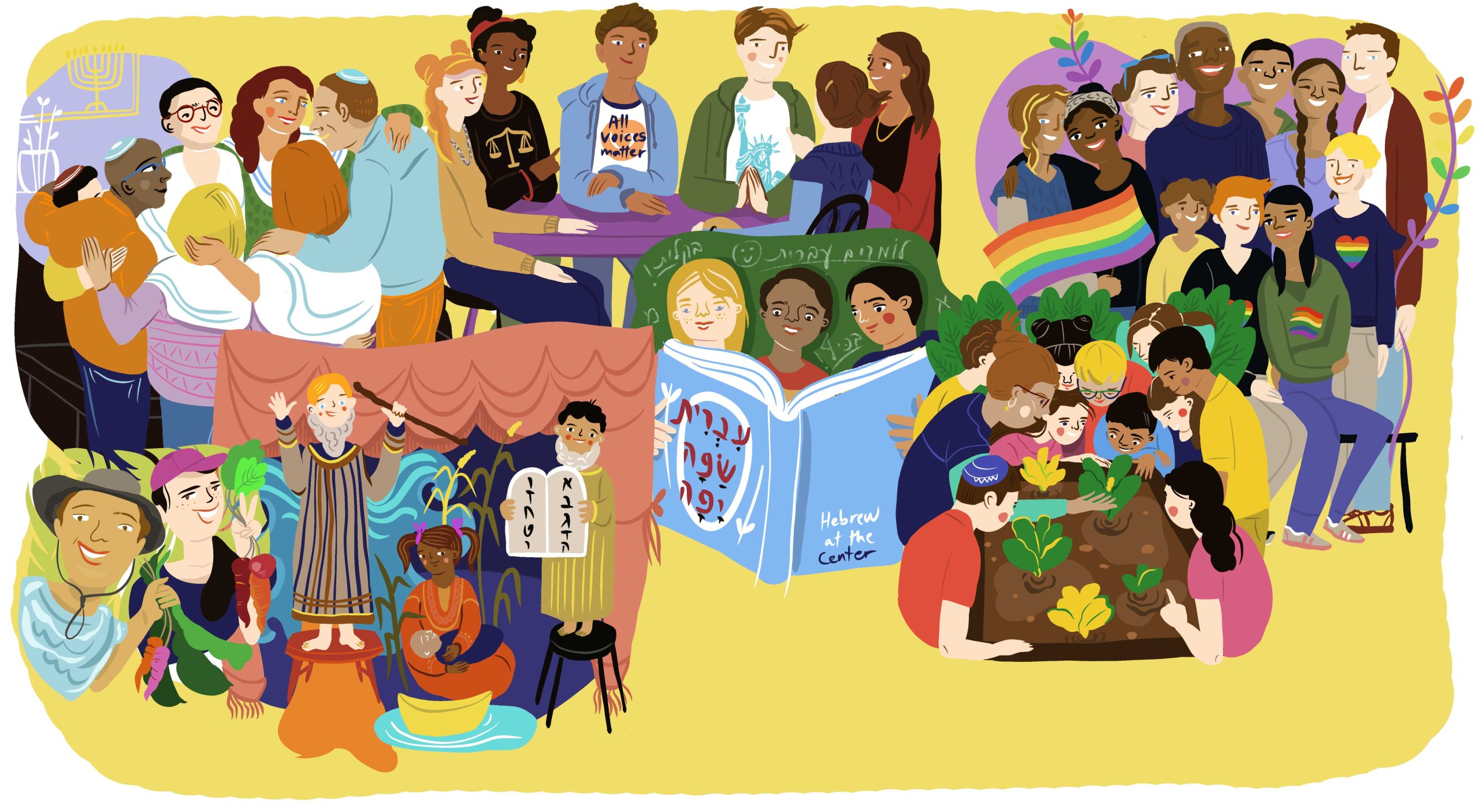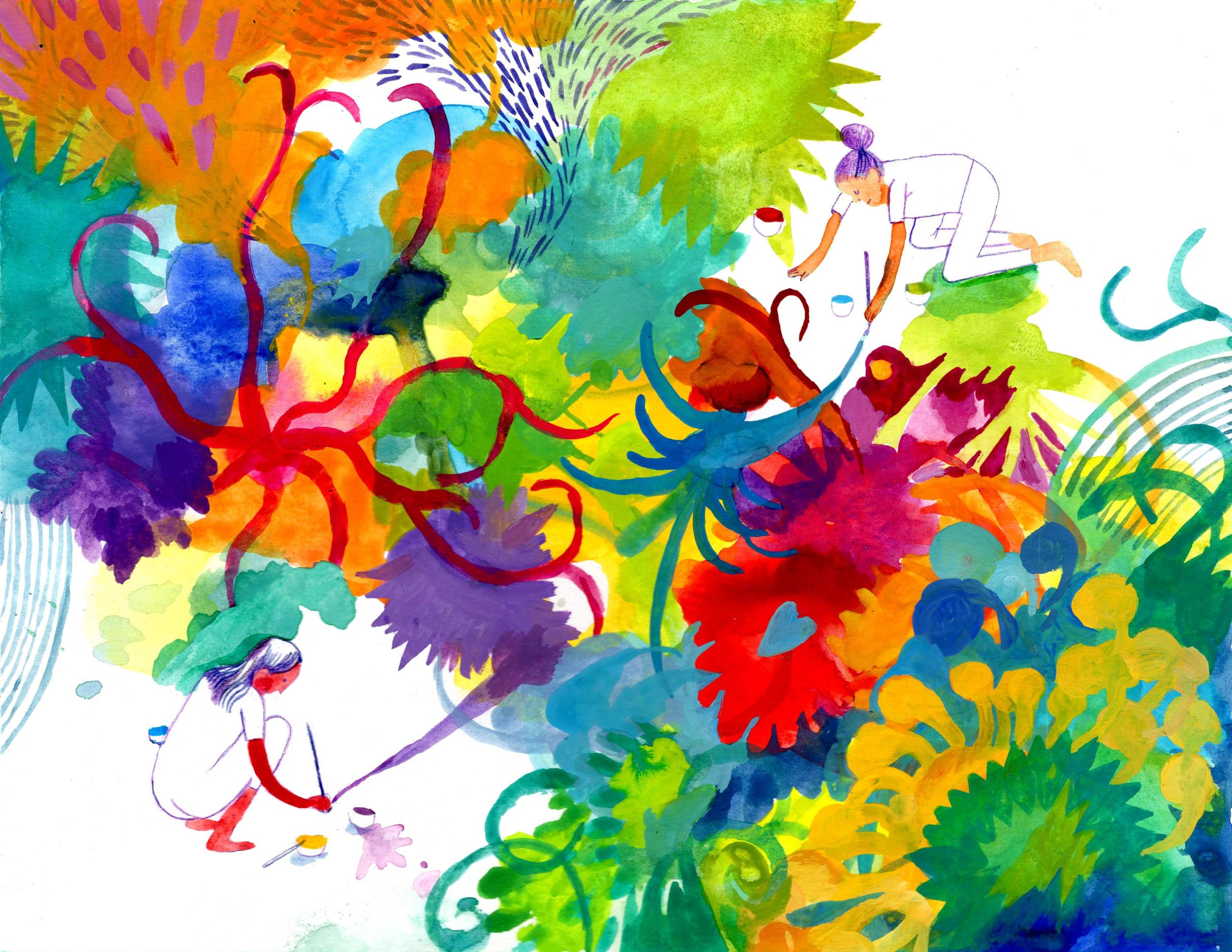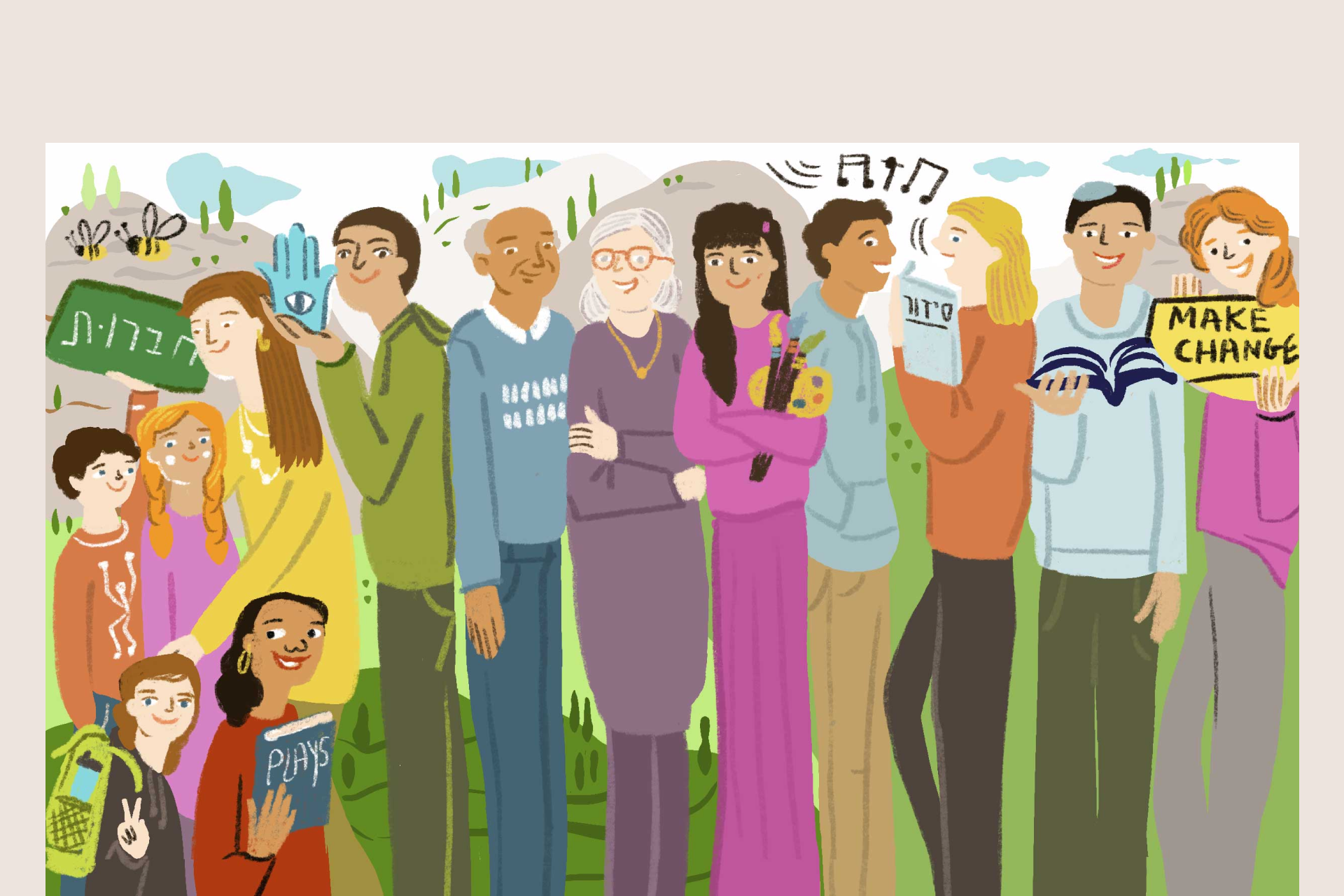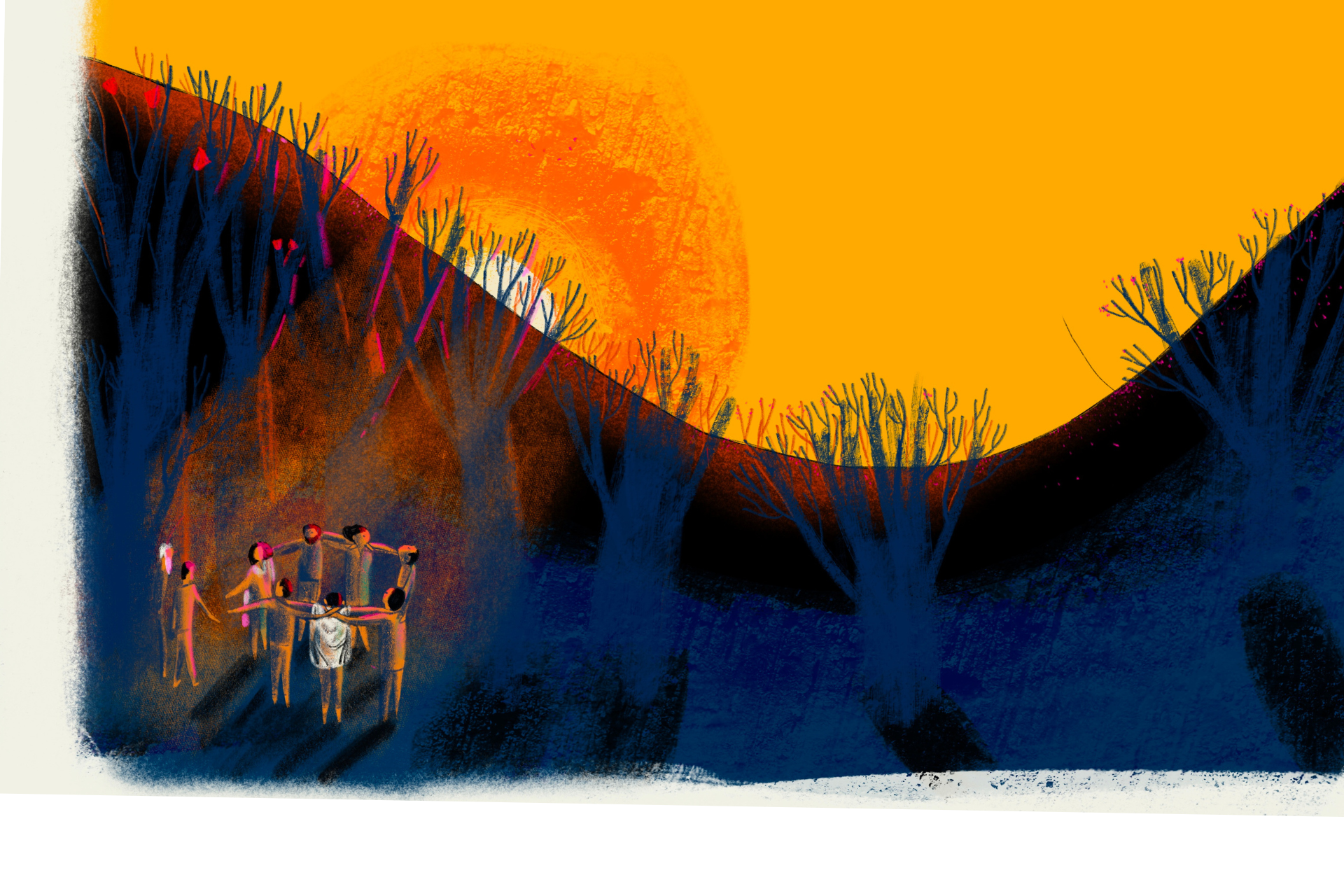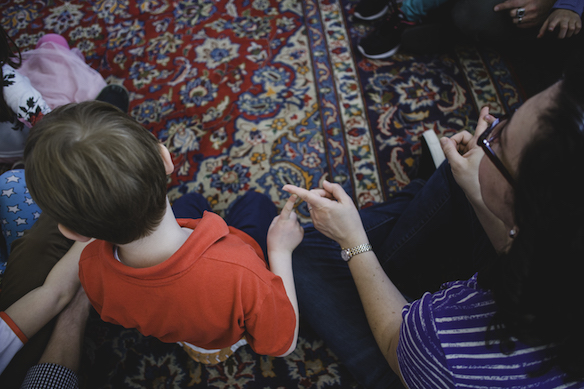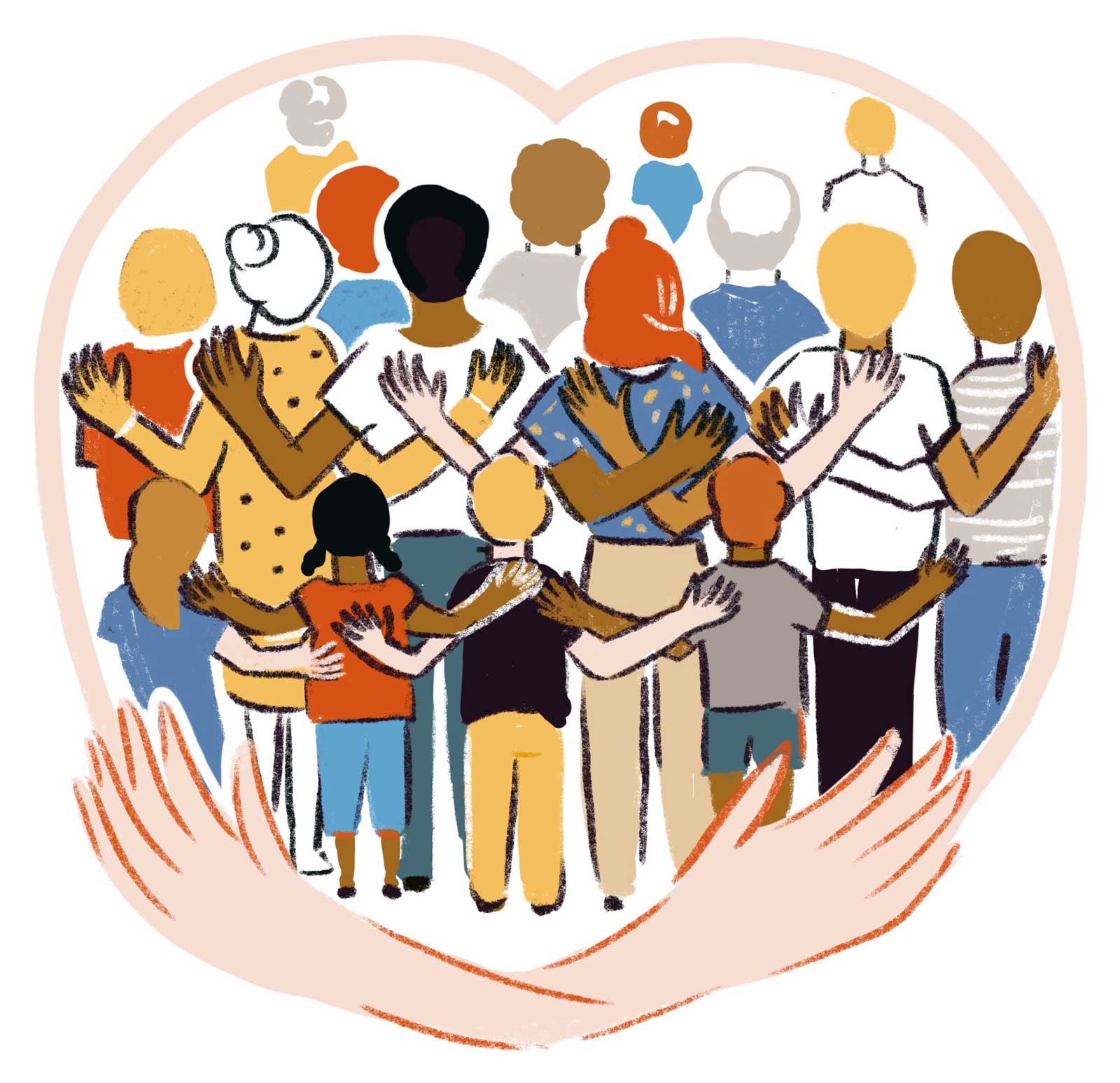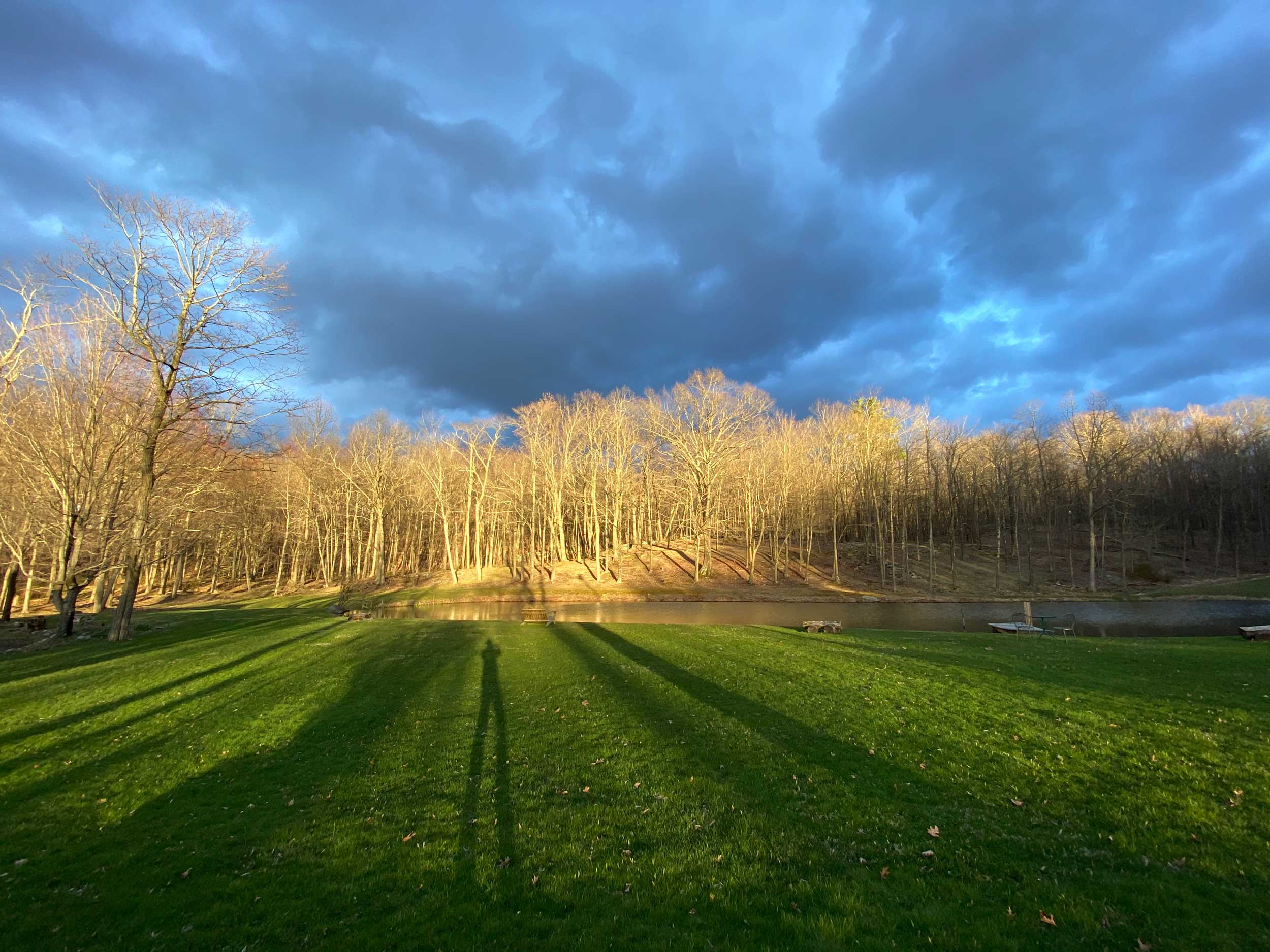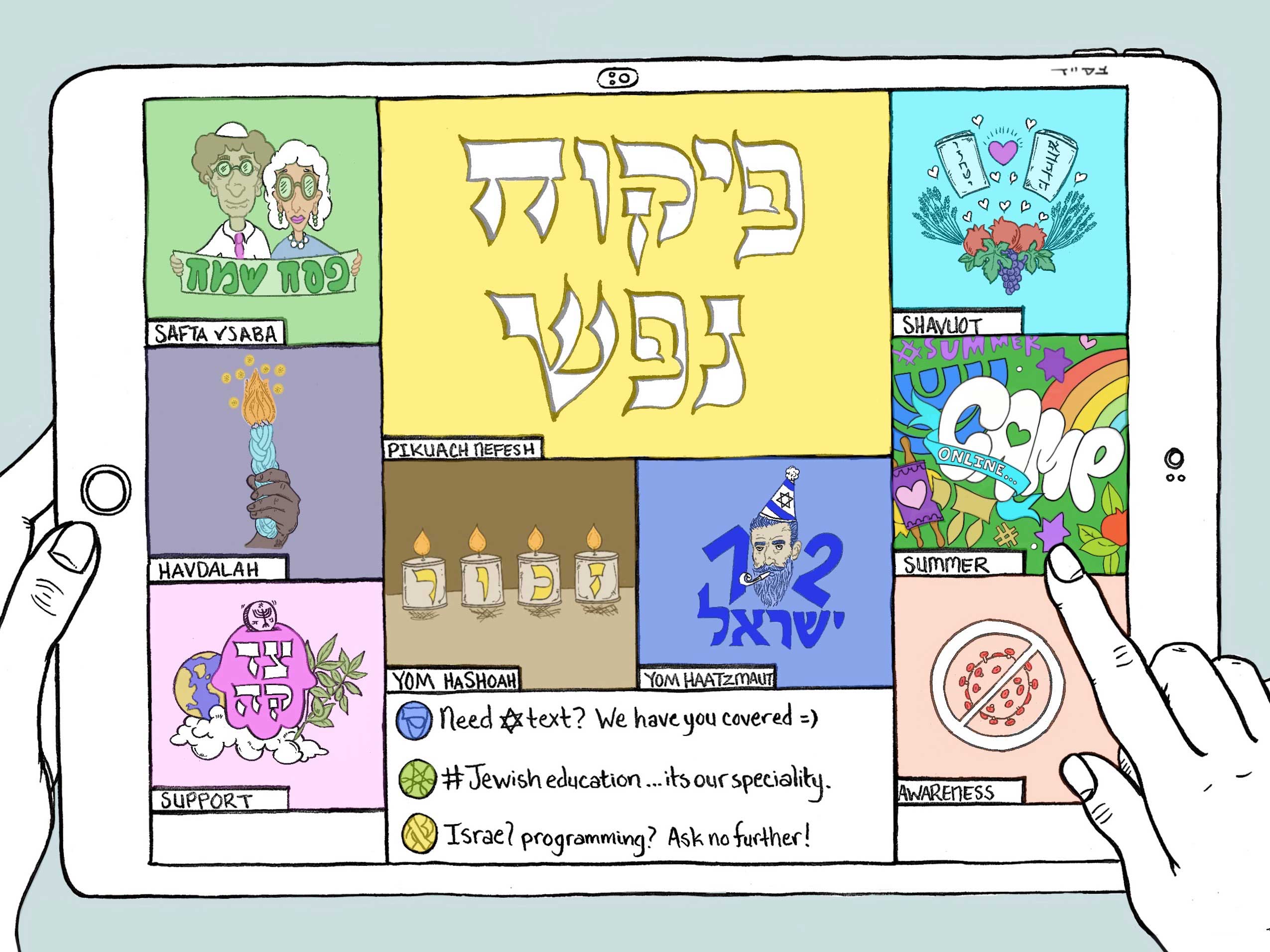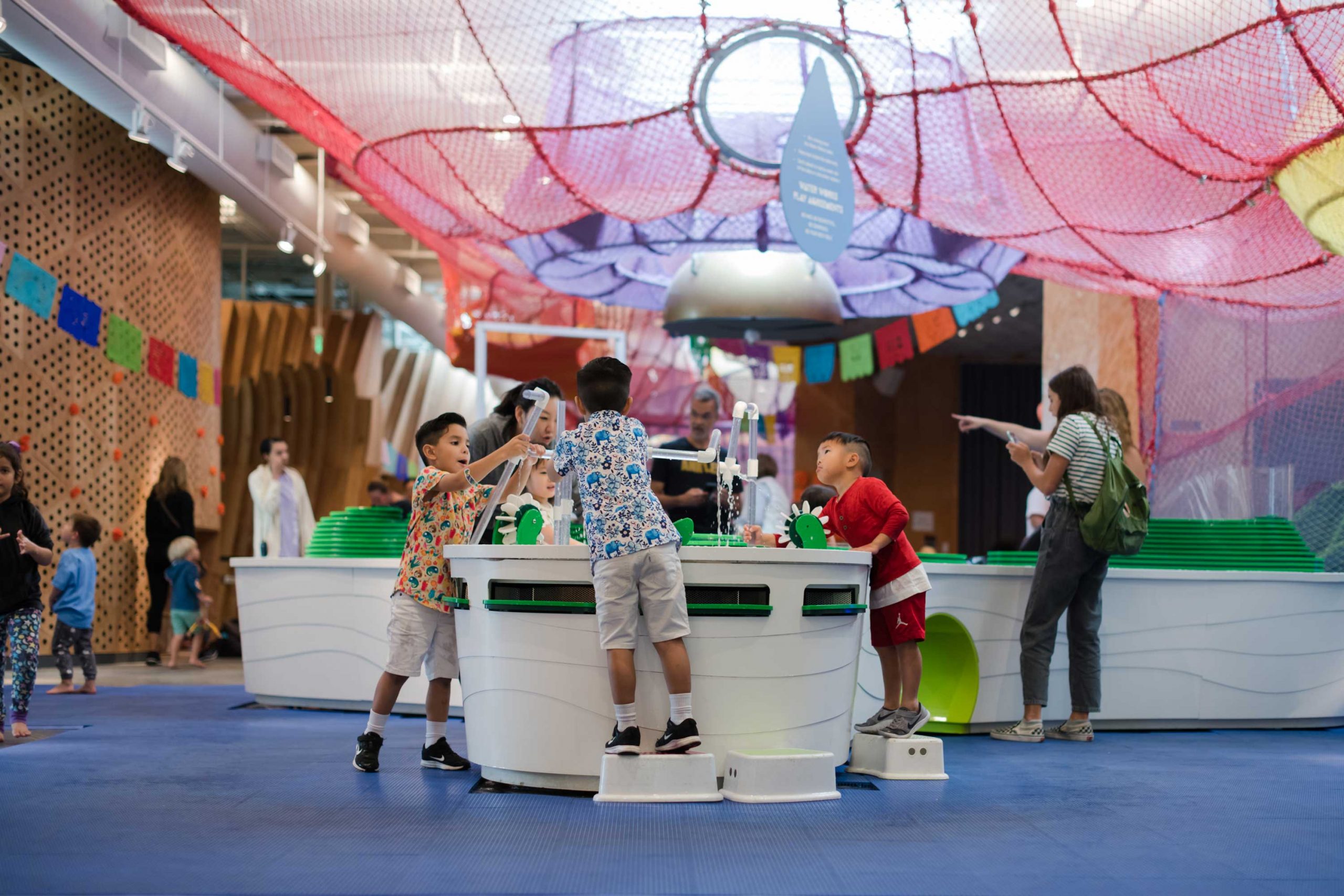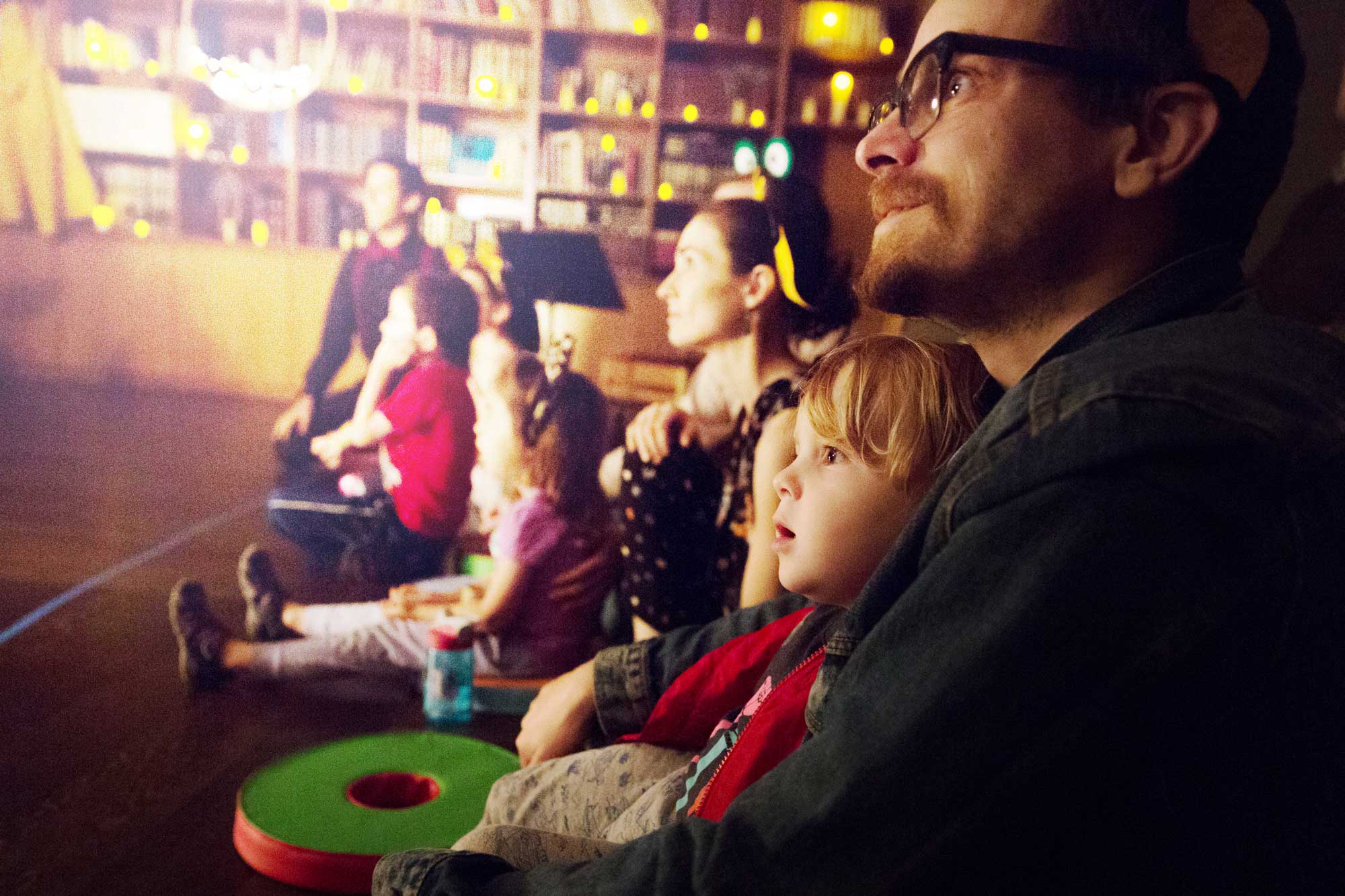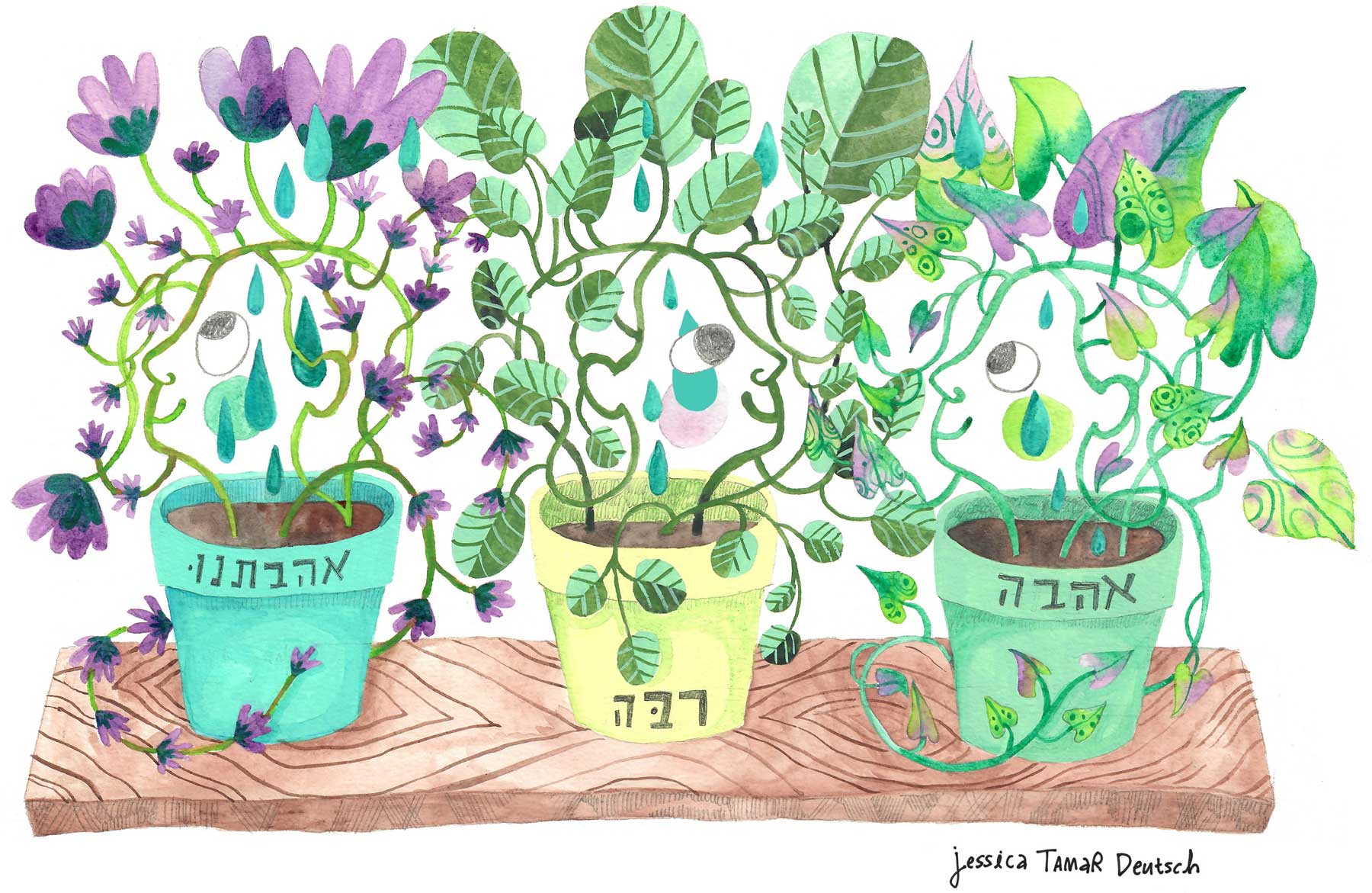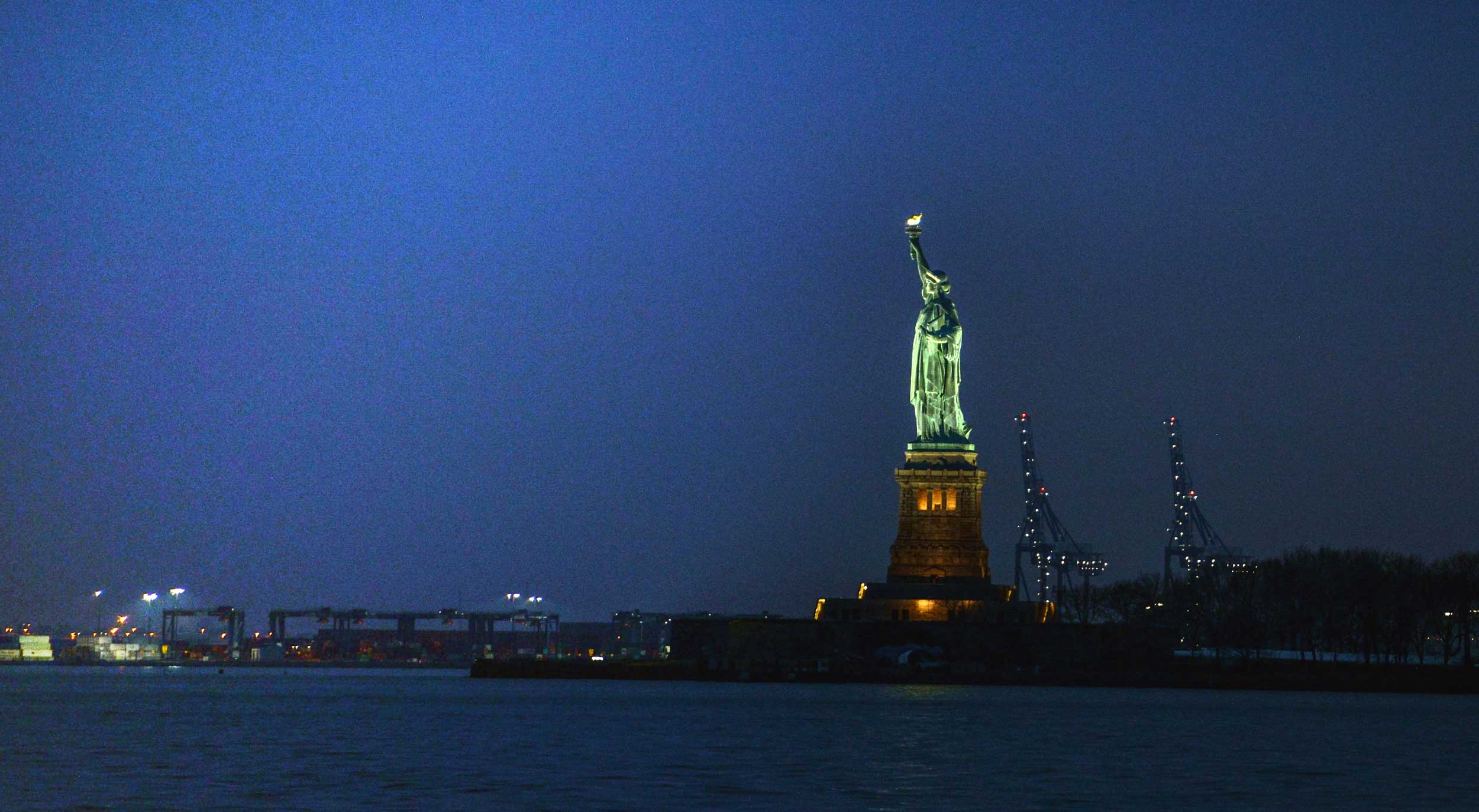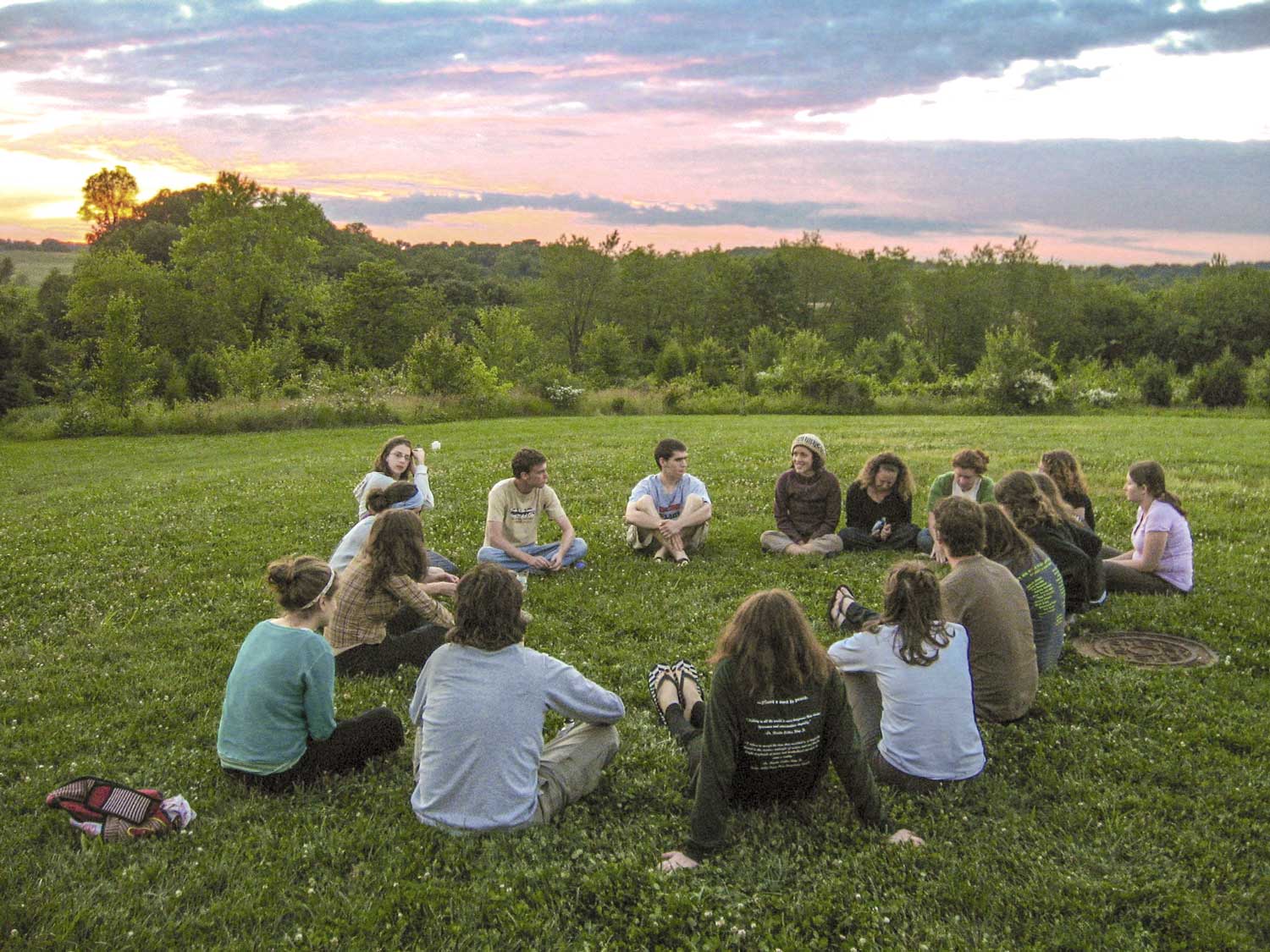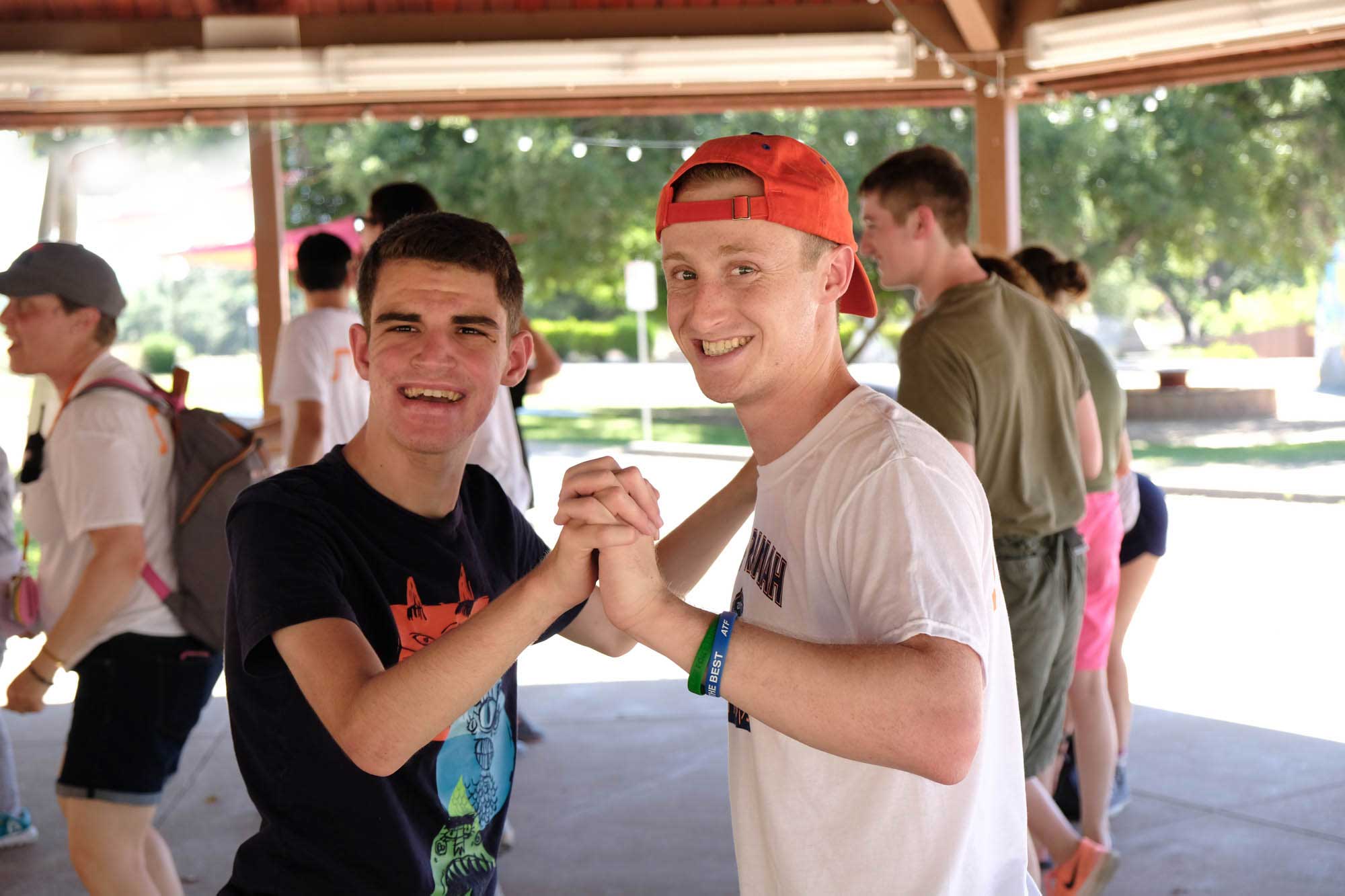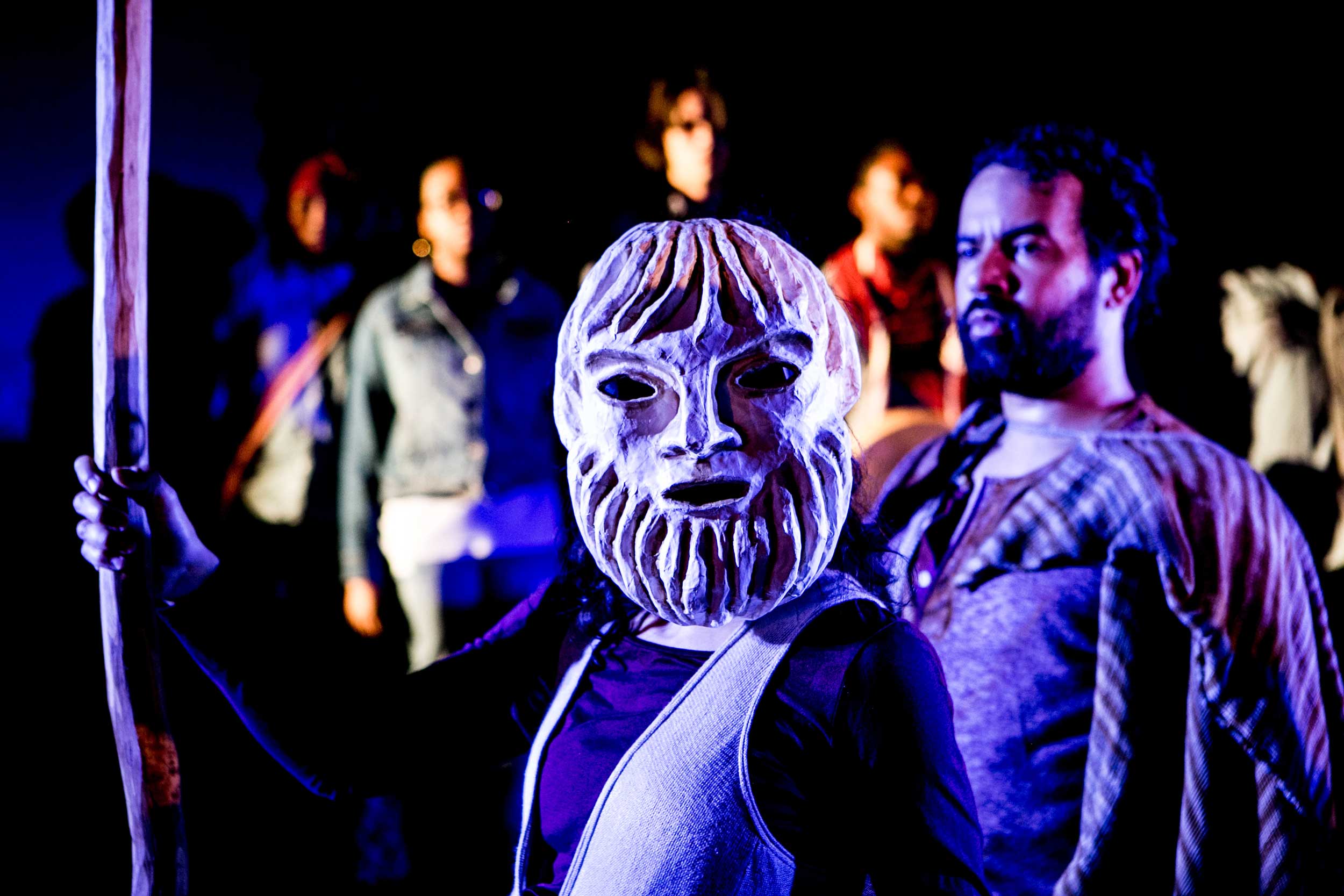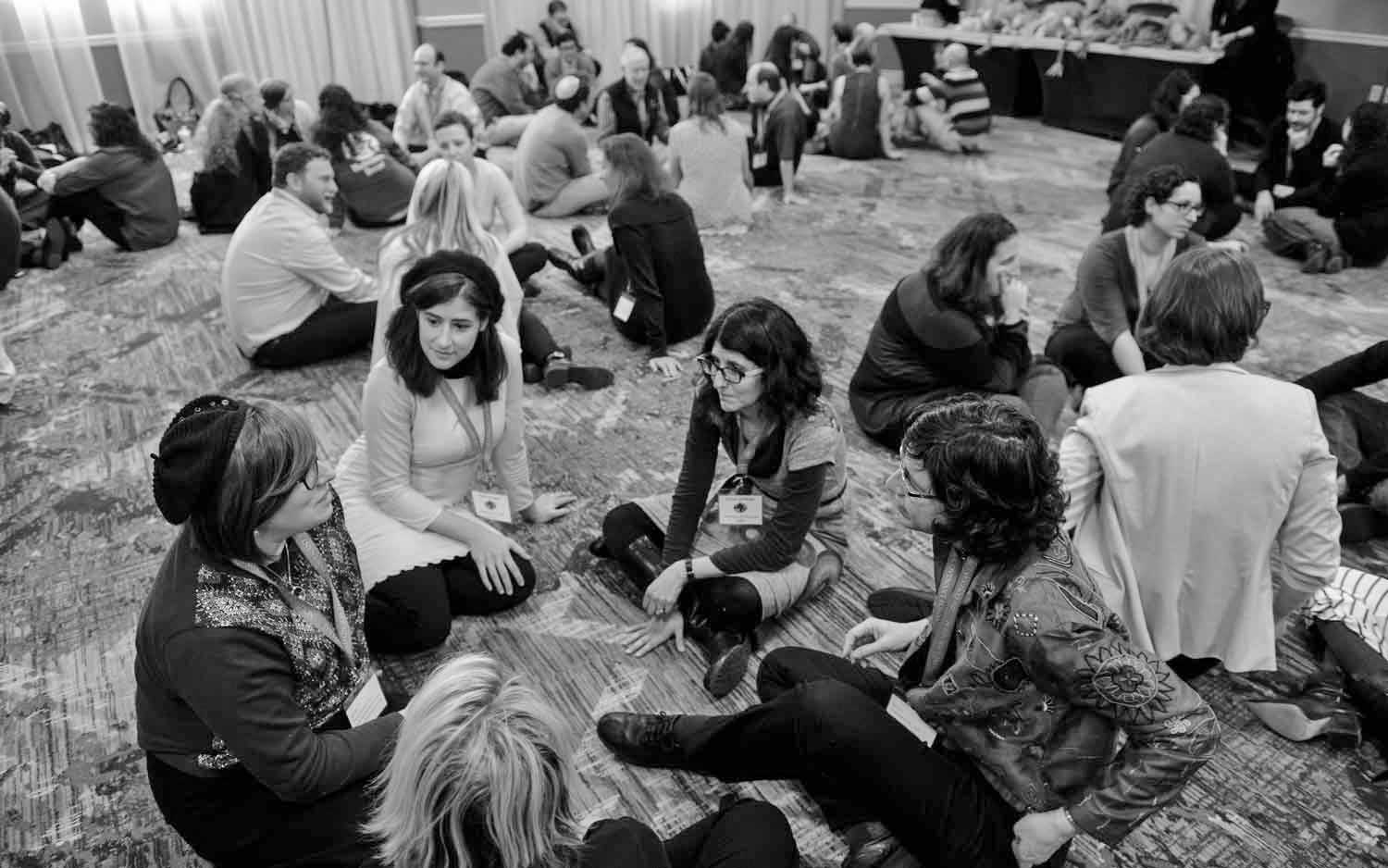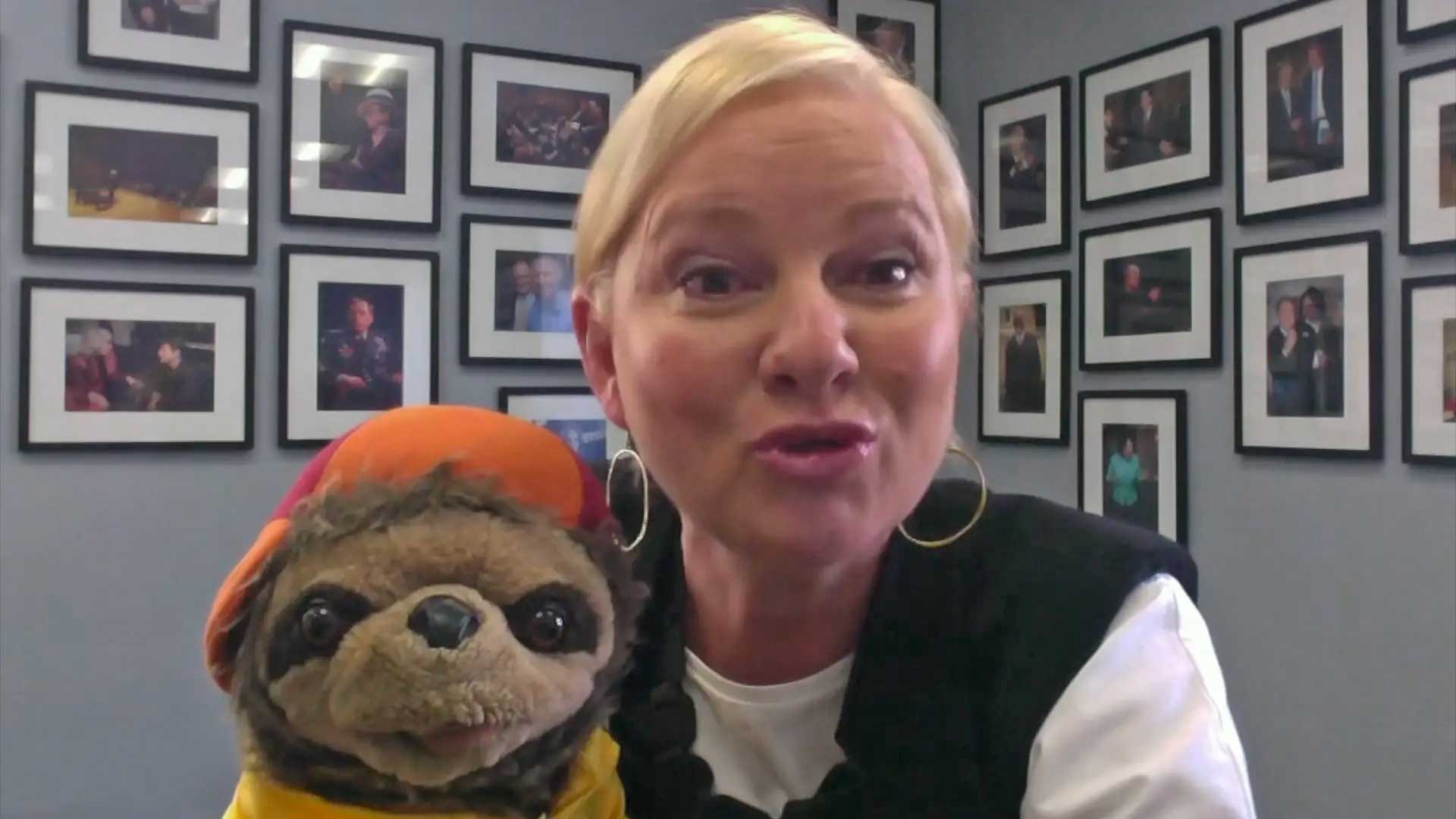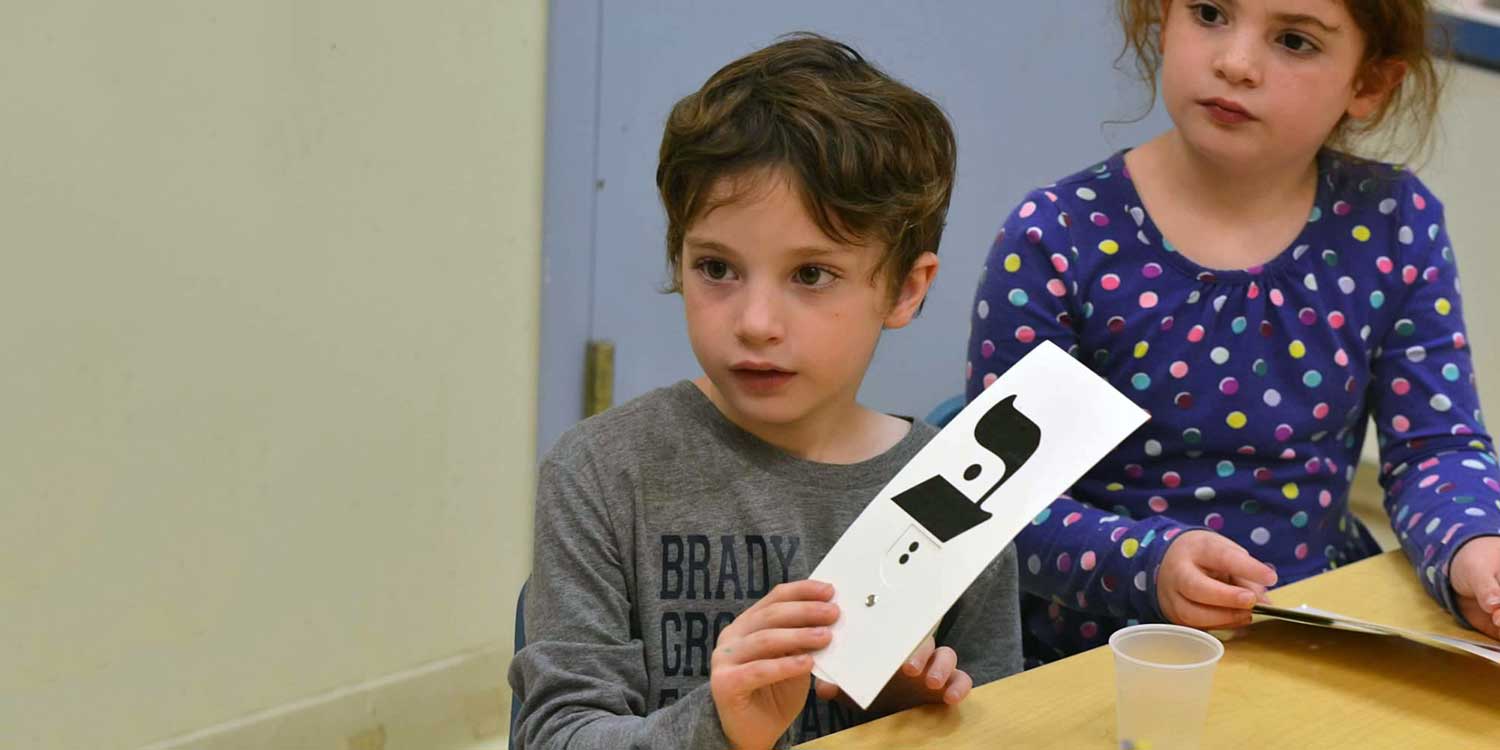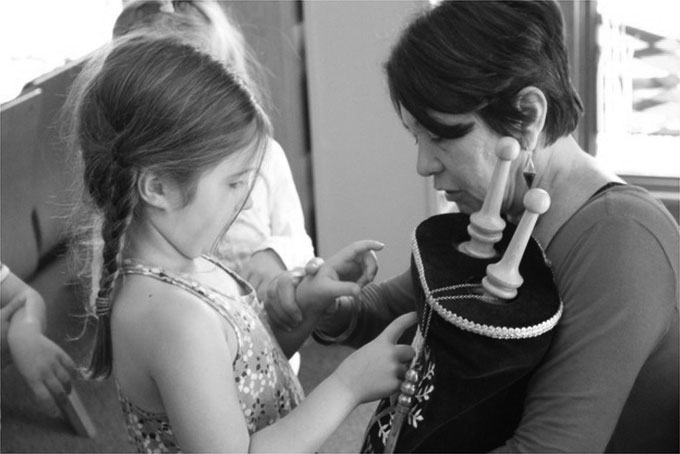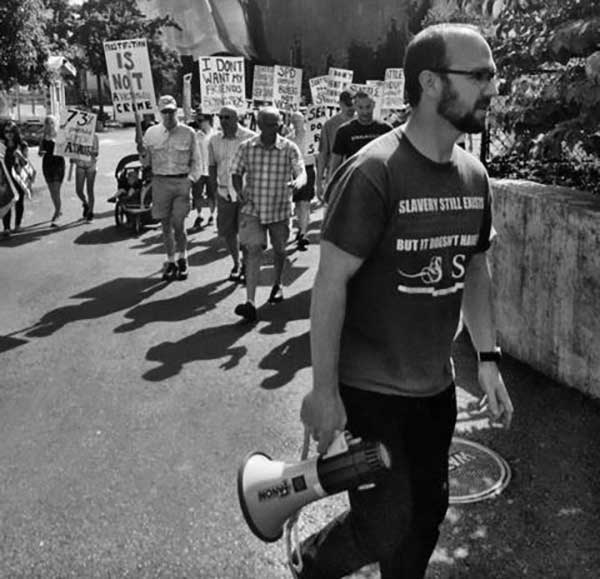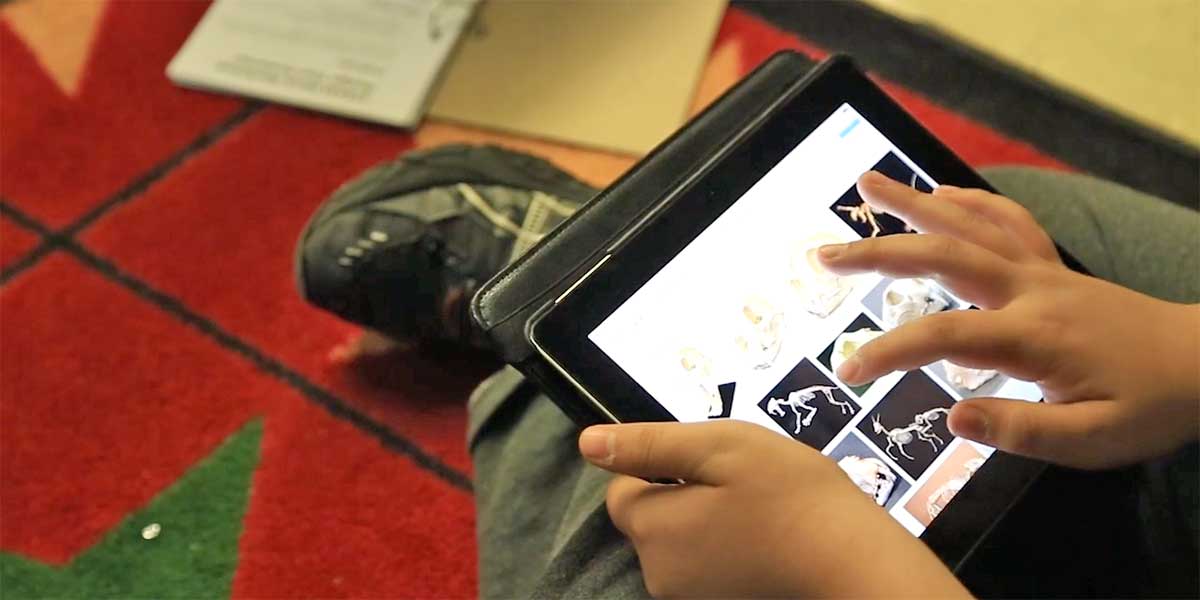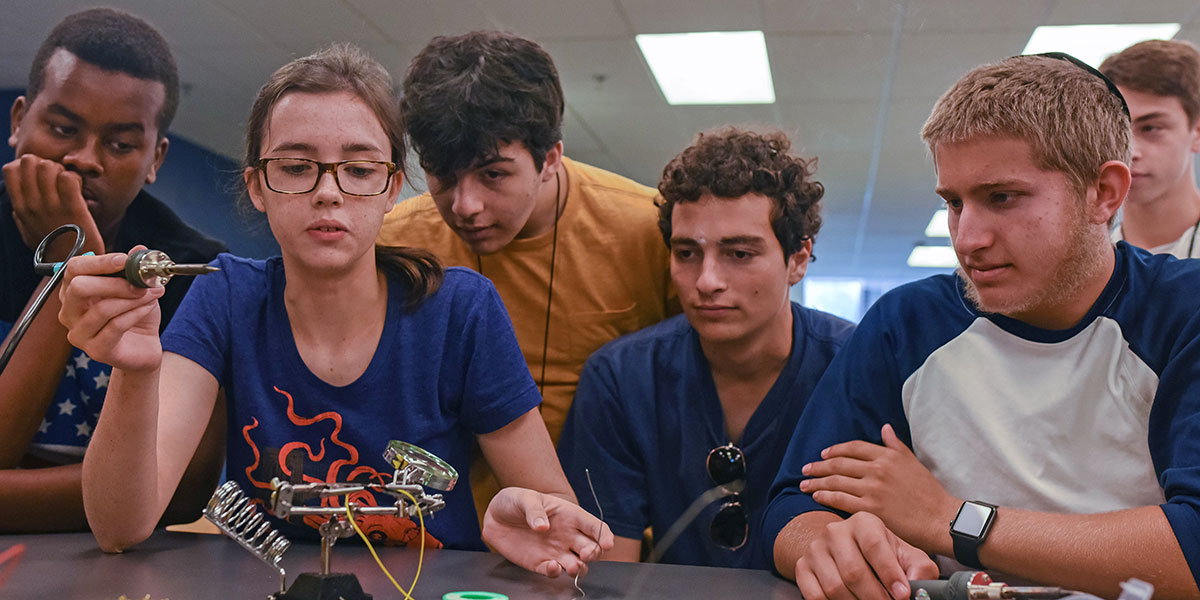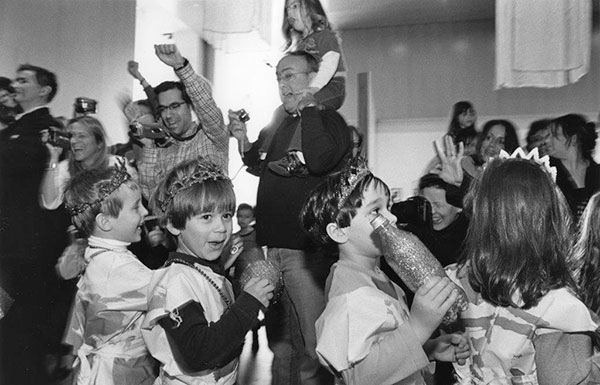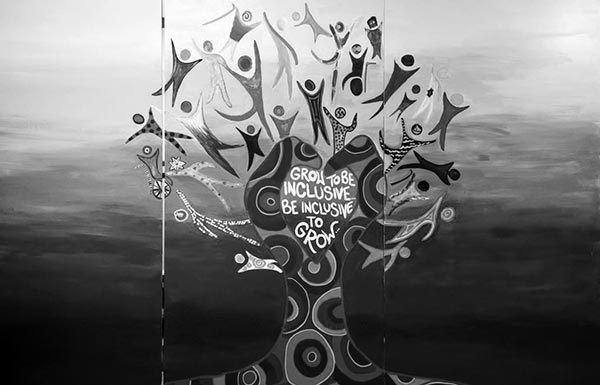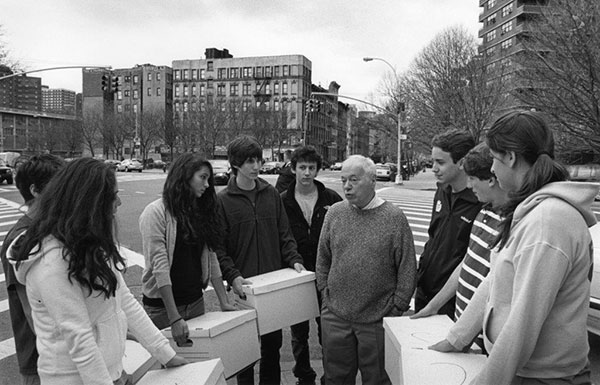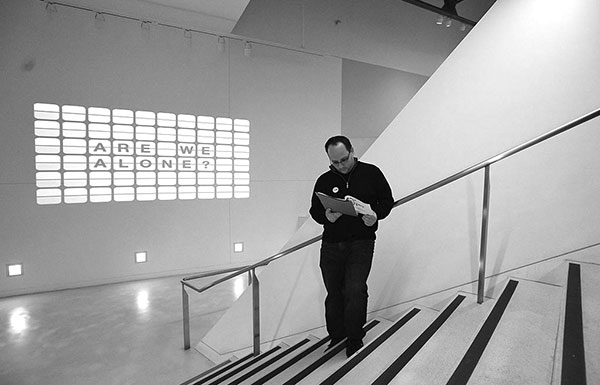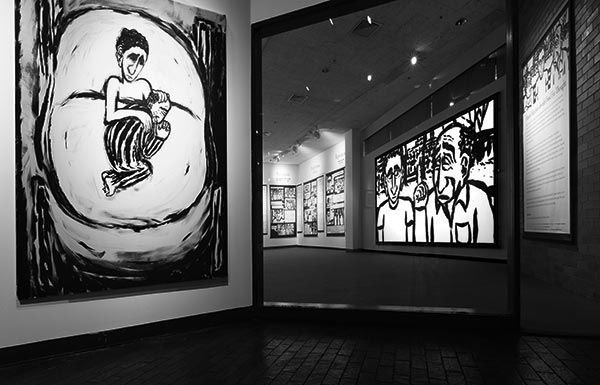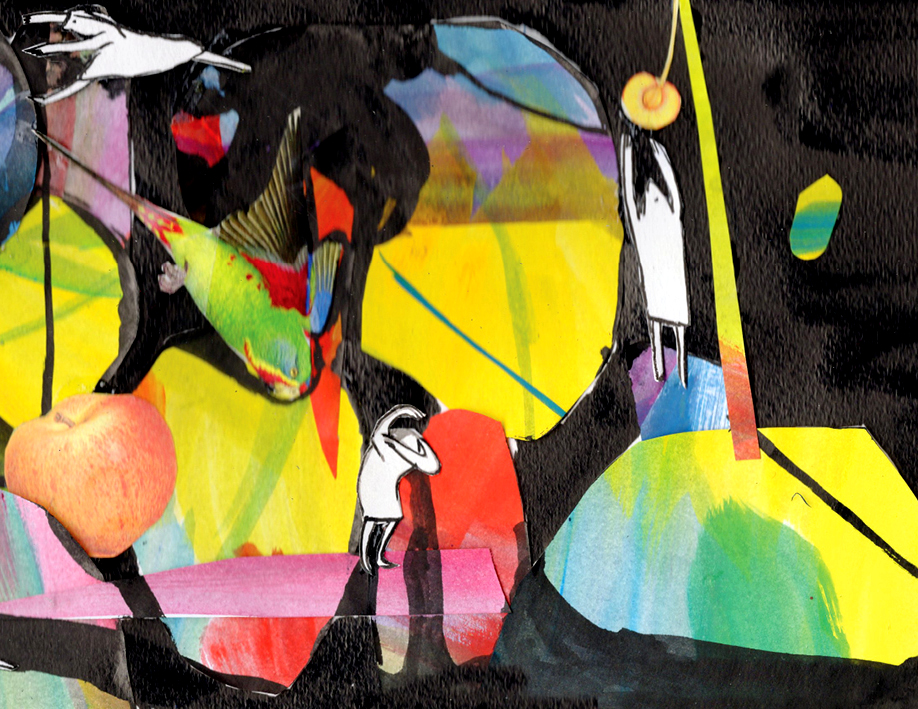
ARTICLE Engaging with Judaism Through Theatre Dybbuk
During good times and bad, in war and in peace, art and storytelling sustain us as individuals, communities, and nations. The Shabbat Torah readings, among the world’s longest continual ritual performances, have given form and texture to the collective Jewish experience, keeping us on “the same page.” The Passover seder, a feast of storytelling and curated food and ritual, provide an embodied, intergenerational experience that transcends history and religion. And while individual aesthetic experiences animate the Jewish experience, it’s the collective nature of Jewish creative expression that has sustained us as a people.
Enter theatre dybbuk. Inspired by the ghost myth of Yiddish culture, and the S. Ansky play that revolutionized Jewish theater, theatre dybbuk is a living, breathing community of theater-makers who have been inspiring and supporting Jewish communities since 2011. Based in Los Angeles, under the guidance of Artistic Director Aaron Henne, the company develops original material designed to investigate Jewish ideas, and support story- and performance-based community learning.
In 2023, as part of a Covenant Signature Grant, theatre dybbuk began a series of multi-community residencies called The Dybbukast Live, with stops in San Diego, the Bay Area, Baltimore, Atlanta, Portland, Oregon, Montreal and Seattle. As part of their offerings, they will present an original, radically re-imagined version of Shakespeare’s The Merchant of Venice, interweaving the original text with references to contemporary politics, and the ever-present, ever-shifting scourge of antisemitism.
In each residency, the performance is accompanied by a combination of community conversations and professional development for educators, based on community needs and input.
“Our performance work is designed to be a vessel in which Jewish history, thought, and experience helps us grapple with the complexity of our world, including issues of belonging, power, identity, and subjugation,” Henne explained. theatre dybbuk’s bold, dynamic, sometimes raucous vibe evokes Judaism’s “history of wrestling with ideas, and creates space for us to live with that complexity. And to get comfortable with discomfort.”
With several original performances in their repertoire, and having already worked closely with 100 Jewish community organizations, theatre dybbuk has found a template for rigorous and robust cultural engagement, while making space for people no matter their level of Jewish background, or their political or social ideals.
To that end, said Henne, “we are interested in using Jewish history as an entry point to invite in a diversity of audience members to match the diversity of our ensemble, which also includes people who are Jewish and not. Our most successful events are when we have that diverse audience.”
For the Bay Area and San Diego, two communities where theatre dybbuk has completed its residencies, the impact has been profound.
“Aaron and the company brought a way of exploring Judaism through arts and culture that we have never seen in San Diego before,” said Jenny Camhi, who runs The Hive at Leichtag Commons. Camhi described The Hive, now in its ninth year, as the “R & D” arm of the Leichtag Foundation, which supports Jewish programming in San Diego and Jerusalem. The Hive’s goal of “radically experimenting with how arts and culture and Jewish community can intersect” was a perfect fit for theatre dybbuk’s full-service model.
Todd Salovey, who just finished his 30th year as director of the Lipinsky Family San Diego Jewish Arts Festival, noted that “we had long wanted theatre dybbuk to be part of our festival.” With the 2019 terrorist attack on the Poway Chabad still fresh, said Salovey, the presentation of an updated The Merchant of Venice — complete with literal dog whistles — created space for people to re-experience the way antisemitism lingers and festers, “even when people aren’t calling you names on the street.”
Tova Birnbaum, Director of Jewish Content at the Oshman Family JCC in Palo Alto, was also eager to work with theatre dybbuk. With a theater background herself, Birnbaum understood that “theater is a way to surface topics, and to embody issues that words sometimes can’t.” With more avant-garde theater like Henne’s, the value of the experience moves closer to ritual. In both cases, “you’re not supposed to literally understand everything. It’s not only an intellectual experience.”
Up the road in Berkeley, theatre dybbuk collaborated with both JCC East Bay and UC Berkeley’s Magnes Collection of Jewish Art and Life, for a performance and talk-back at the Magnes. Following the performances, Sarah Wolfman-Robichaud, Director of Community Engagement, noted that the experience was everything great theater is supposed to be, “bringing us into conversation and connection. We turn to theater, in the end, to discover things about ourselves.”
Perhaps just as important as the residencies’ public performances are the professional development workshops. Birnbaum, at the Oshman Family JCC, called them “simply extraordinary,” with Henne’s storytelling and writing-based exercises “creating opportunities for collaboration among colleagues across the region that simply hadn’t happened before.”
“Arts-based experiences, be they performative, visual, or otherwise, are at the center of our engagement with the world,” Henne wrote in connection with a 2020 talk he gave at the Oshman Family JCC in 2020, entitled “Is Art the Future of Jewish Practice?” “And yet, in our Jewish communities and society in general, we often view arts as a secondary means through which we can achieve educational or ritual ends.”
Dr. Miriam Heller Stern, National Director of the School of Education at Hebrew Union College - Jewish Institute of Religion in Los Angeles and founder of Beit HaYotzer/the Creativity Braintrust (which received a Covenant Signature grant in 2019), wrote a paper on theatre dybbuk’s pedagogy and methodology along with sociologist Tobin Belzer. In that article, “The Past as Portal to the Future,” they posit that what theatre dybbuk models — in what it creates, how it creates it, and how it uses it onstage — is a different kind of Jewish learning, “whose goal is not to know but to grapple, not to master but to generate questions, not to clarify but to complexify.”
A melding of that questioning and that artistic beauty is just what Henne hopes his work might evoke.
“What would our future look like if artistic opportunities and all the beauty and complexity they offer were part and parcel of our Jewish lives?” Henne asked.
It seems theater dybbuk is on the road to find out.
By Dan Schifrin

